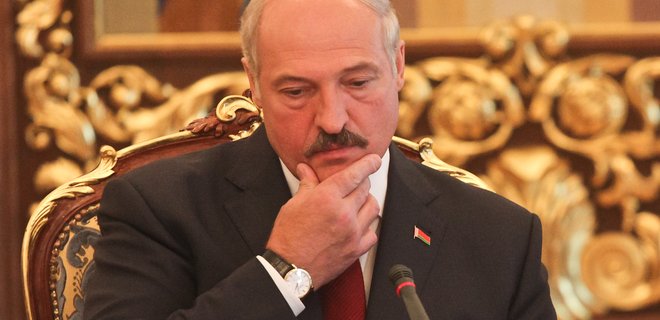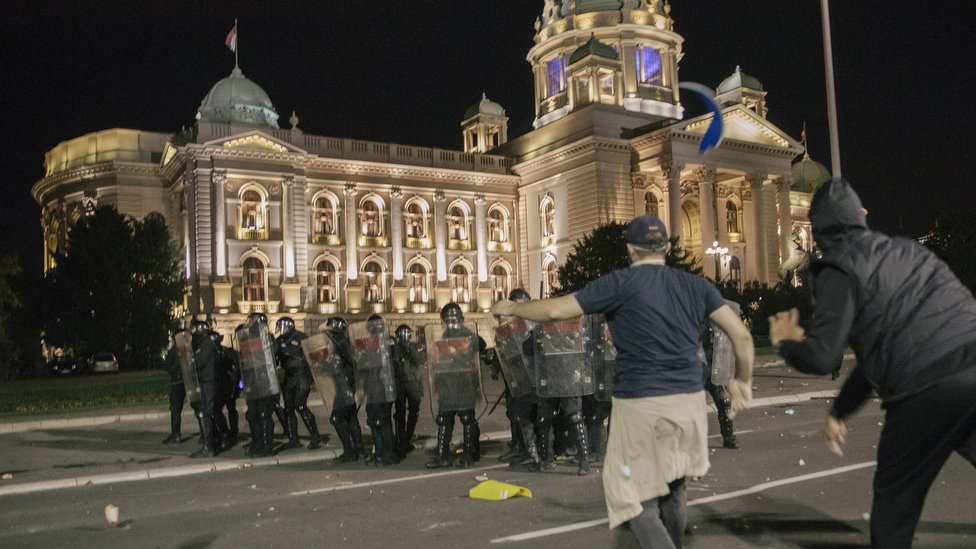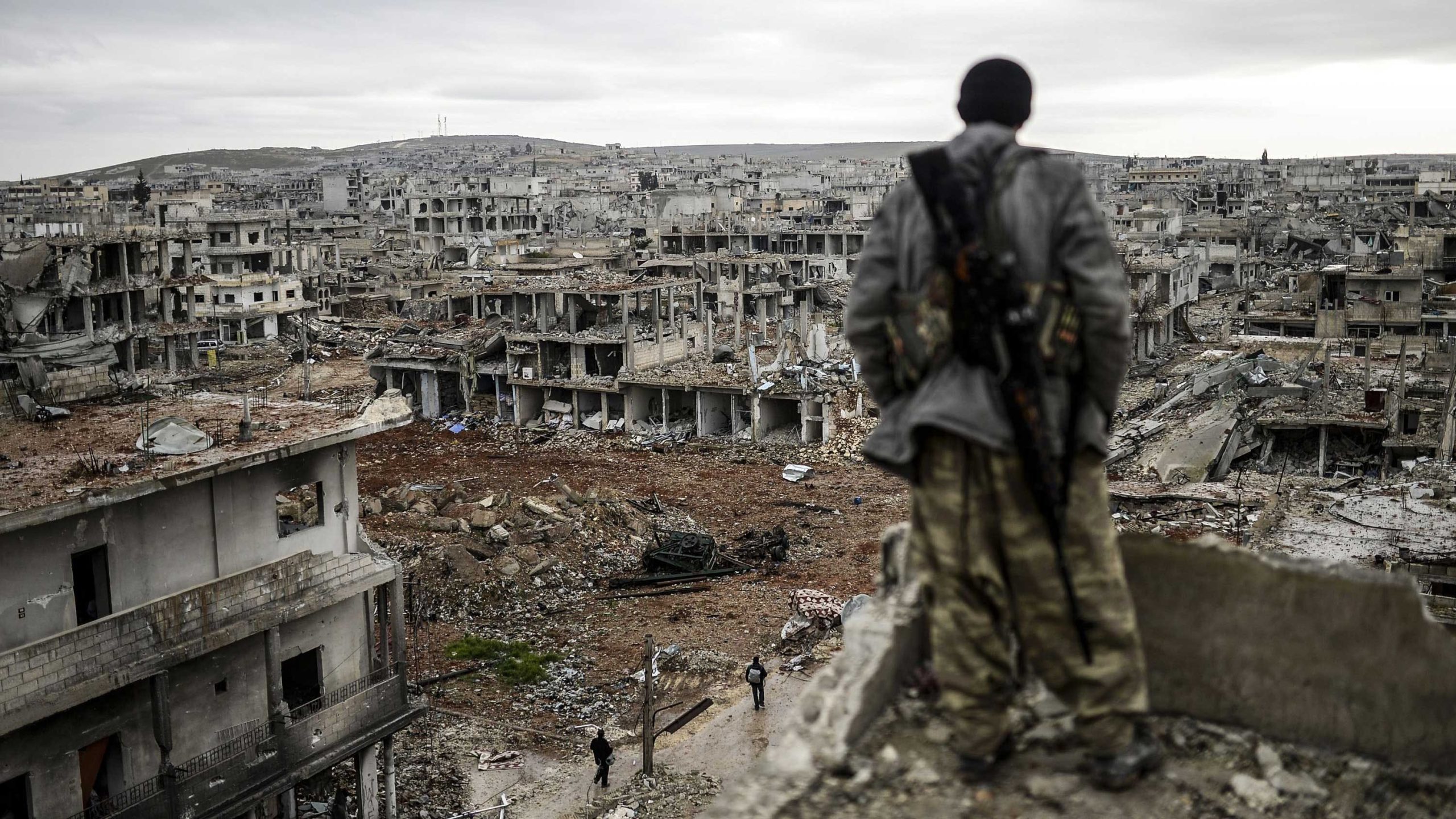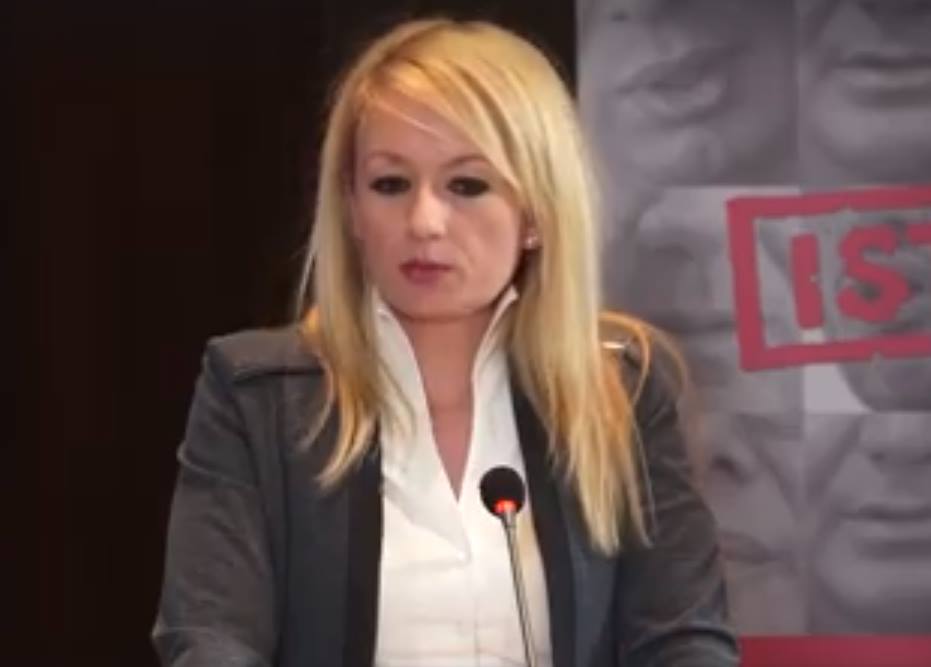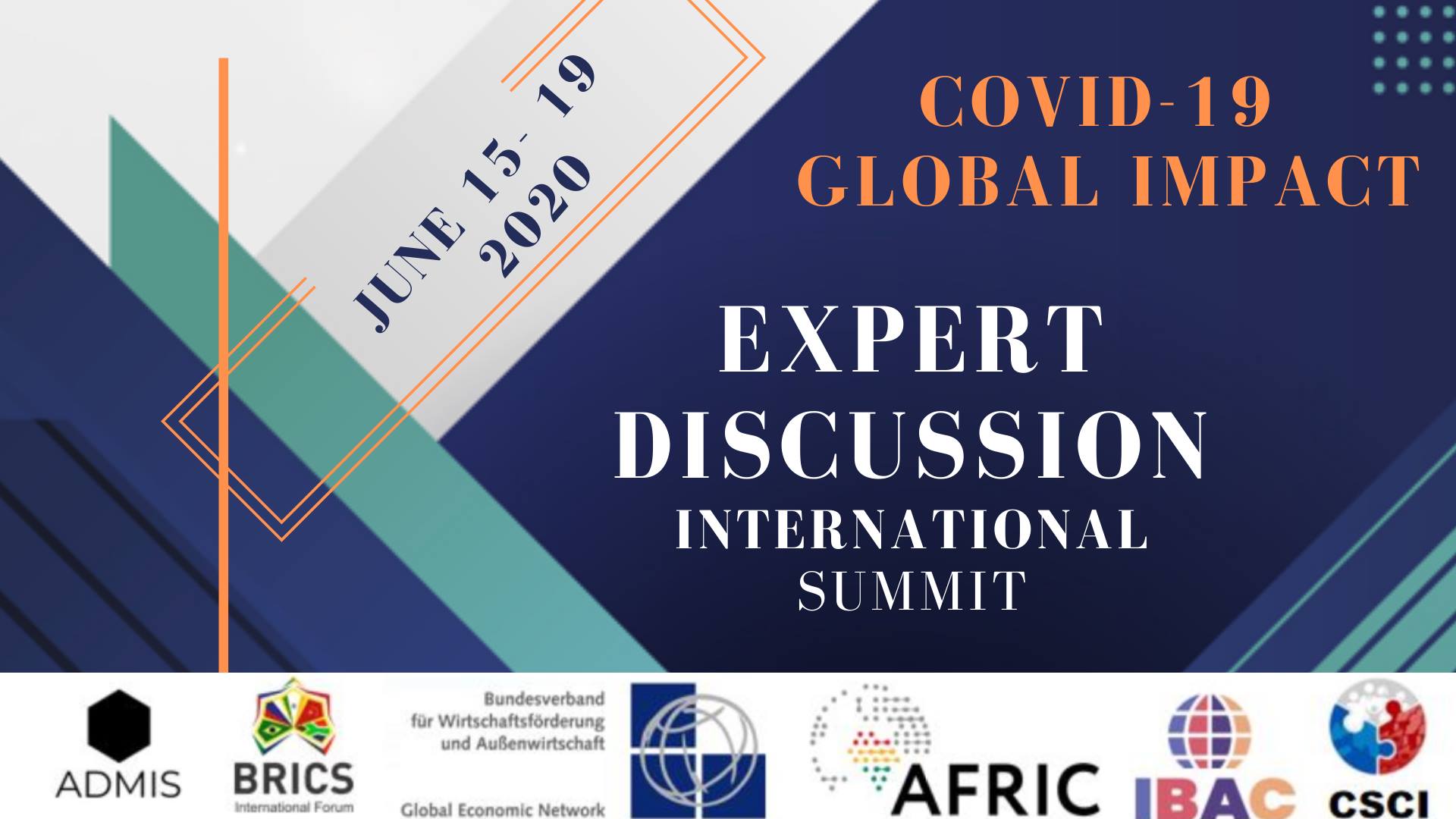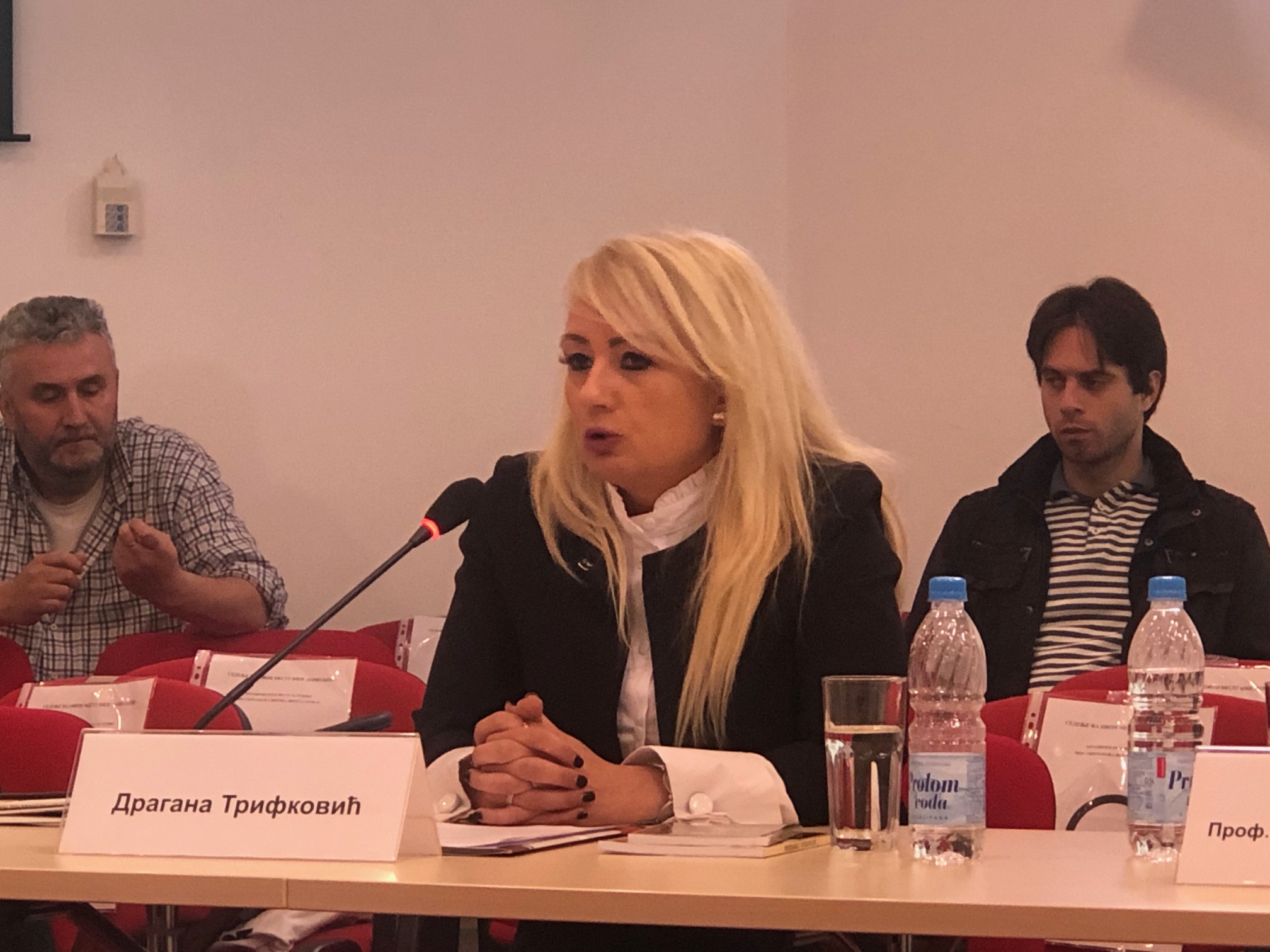Драгана Трифковић на међународној конференцији: Белорусија између Истока и Запада, основни вектори предизборне кампање
Координациони савет невладиних организација Руске Федерације организовао је 3. јула дискусију на тему: „Белорусија између Истока и Запада: главни вектори изборне кампање“.
Стручњаци Координационог савета невладиних организација разговарали су о карактеристикама изборне кампање за избор председника Републике Белорусије. Дан гласања заказан је за 9. август ове године.

